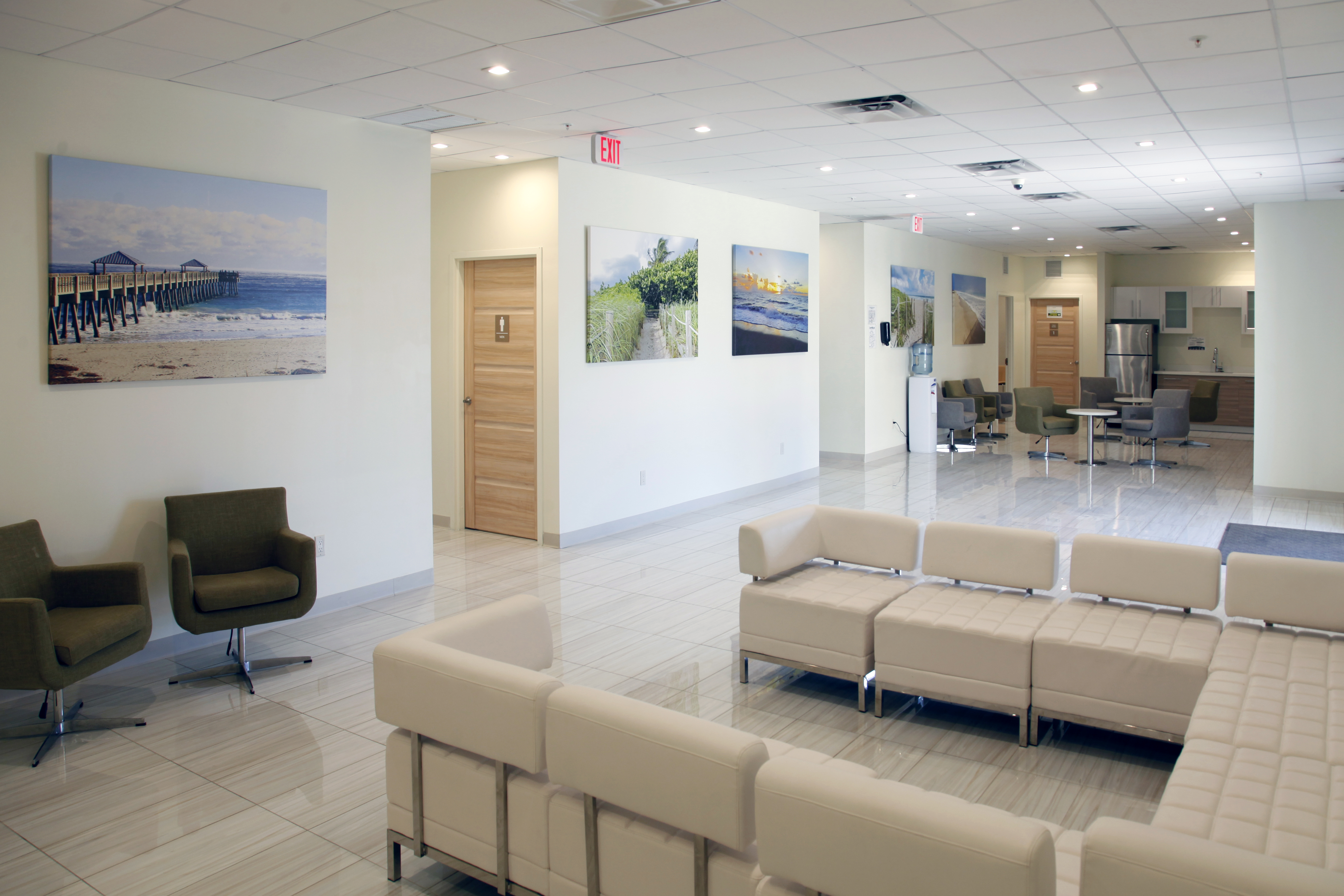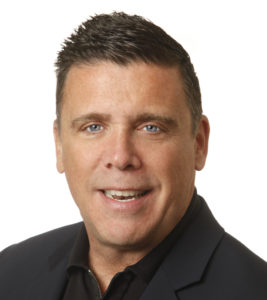
 By Glenn Cohen, founder and CEO of Beach House Center for Recovery
By Glenn Cohen, founder and CEO of Beach House Center for Recovery
Nobody is immune to addiction—not even entrepreneurs. According to the National Survey on Drug Use and Health, 21.5 percent of Americans aged 12 and older battled some type of substance abuse issue in 2014 (the most recent year for which data is available). In addition, 70 percent of all Americans who use illicit drugs are in the workforce, according to data cited by the National Council on Alcoholism and Drug Dependence.
In other words, there’s a good chance that one or more of the people who work for you or with you struggle with substance abuse.
In my case, I was fortunate to be introduced in young adulthood to the spiritual principles of recovery, including the healing power of love and connection. But not everyone is as lucky: Whether it’s drugs or alcohol or both, addiction is sometimes based on family history and genetic heredity, sometimes triggered by environmental factors, but always dangerous and destructive to the addicted individual and his or her family, friends and coworkers.
People are sometimes curious about how my recovery from drugs and alcohol impacts my work as a CEO and business owner. The short answer is that recovery has everything to do with what I do now, and it’s also a big part of my success. The longer answer is that I apply the lessons and best practices I’ve been able to cull as a result of being in recovery and working the 12 steps daily.
I share these lessons in the hope they may be helpful to others.
Draw from personal experience to help others. I was first introduced to recovery in my early 20s. Since then, helping others find freedom from addiction—an important principle in 12-step recovery—has been a personal passion. It gives my life purpose. It’s also what inspired my latest business venture, founding and leading a new drug and alcohol treatment center. Beach House Center for Recovery grew out of the simple conviction that anyone can find freedom from addiction when the right treatment components are in place. Love and connection to people, passion and purpose is one component. So are the latest evidence-based interventions from addiction science.
Our recovery center recently celebrated its one-year anniversary—a big milestone, given the oft-cited statistic attributed to Bloomberg that eight out of 10 startups fail within their first 18 months of operation. Since welcoming our first client in March 2016, we’ve treated more than 800 people. More than a year following treatment, our very first client remains successfully sober. Her transformation—multiplied on a daily basis in the lives of the hundreds of people we are privileged to serve each year—is what most inspires me to do this work.
Find and follow your passion. The pivotal moment that led me to start Beach House came about three years ago, during a moment of prayer and meditation when I realized I wasn’t doing what I was really called to do. I wasn’t integrating my life’s defining passion―recovery―with my job. As a result, I had a successful career but not a vocation. In this sense, I suspect my experience is not unlike that of other entrepreneurs who have reached a certain threshold of success. They may have achieved their business goals, but still have a nagging sense that something is missing in the way of personal fulfillment. Connecting with my passion and purpose was the key that unlocked those doors.
Maintain a regular discipline of prayer and meditation. I mentioned that it was in prayer and meditation that my own “aha” moment came―that’s not accidental. Recovery has taught me how critical prayer and meditation are to finding and reconnecting with my life’s passion and purpose; these practices also directly inform my day-to-day responsibilities as a CEO.
Don’t try to be the smartest person in the room. The most difficult of my responsibilities is the non-stop decision-making. Some decisions come easily because they are where my personal passion and expertise lie—for example, programming. But I’m required to resolve many other business challenges that directly affect personnel, our clients and the bottom line. Surrounding myself with smart people who have experience in these areas is therefore vital. Ultimately, I have to make the final calls, but a gifted team helps me make wise decisions.
 Focus on sobriety and client care. Many of our employees are in recovery themselves, so can empathize well with the clients we serve and their struggles. But people in recovery for substance abuse can be great employees at any company, whatever the industry. Hiring and retaining recovering addicts just entails creating a culture that is friendly to sobriety and puts clients first. That twofold focus of sobriety and client care has been integral to our success. You give recovering addicts the right culture and environment—the concept of love and connection, put into action daily to transform lives—and it’s a miracle, a once-in-a-lifetime opportunity.
Focus on sobriety and client care. Many of our employees are in recovery themselves, so can empathize well with the clients we serve and their struggles. But people in recovery for substance abuse can be great employees at any company, whatever the industry. Hiring and retaining recovering addicts just entails creating a culture that is friendly to sobriety and puts clients first. That twofold focus of sobriety and client care has been integral to our success. You give recovering addicts the right culture and environment—the concept of love and connection, put into action daily to transform lives—and it’s a miracle, a once-in-a-lifetime opportunity.
Lead by example. Because I’m fortunate to have experienced this miracle in my own life, I’m able to lead by example and practice what I preach. I regularly lead and take part in the recovery groups we offer clients because I genuinely believe in the principles we’re imparting, having experienced their life-changing impact firsthand. Leading by example requires being in this work for the right reasons. Unfortunately, a lot of companies aren’t in this field for the right reasons. When you’re doing the right thing and putting your clients first, on the other hand, that’s a best practice.
Take stock of values and family dynamics. If there were a larger call to action for society that involves people with addiction, mine would be the invitation to take a look at personal values and family dynamics going all the way back to childhood. That’s where the issues begin, starting in early childhood. I think as a society we can―we must―do better regarding what we most value and how we convey these values to children and within families.
If you or someone you know struggles with addiction, you are not alone—and you can recover. For information on how to get help, including trusted referrals to treatment providers, call the National Helpline at 1-800-662-HELP (4357). The National Helpline is a free, confidential, 24/7, 365-day-a-year service provided by the Substance Abuse and Mental Health Services Administration.
Glenn brings more than 30 years of diversified leadership experience to Beach House Center for Recovery and counts it a great honor to serve the clients and families who come through their doors. He coined the Center’s formula for freedom from addiction: “People. Purpose. Passion.”
Categories: general Inspirational Make a Mark
